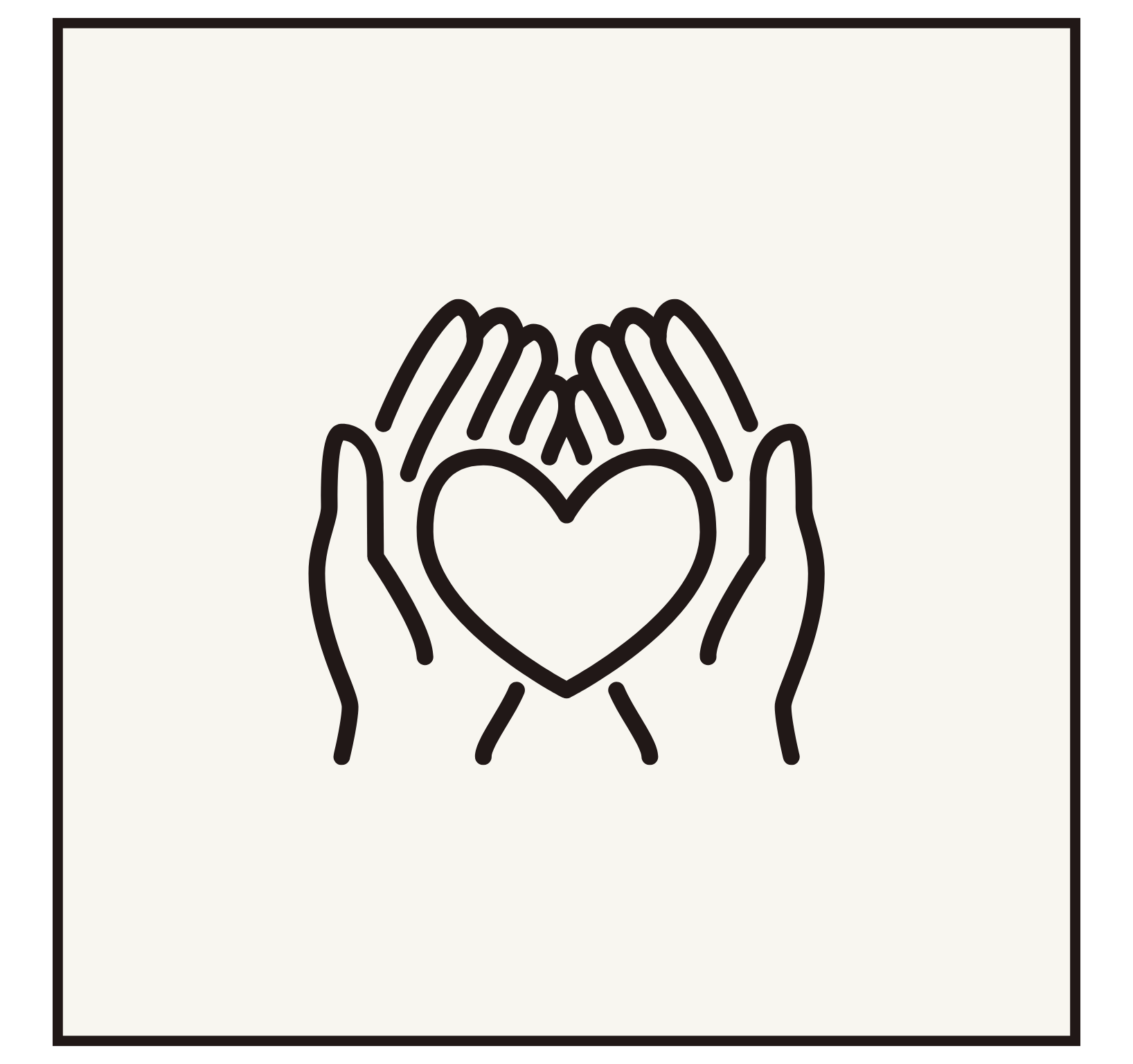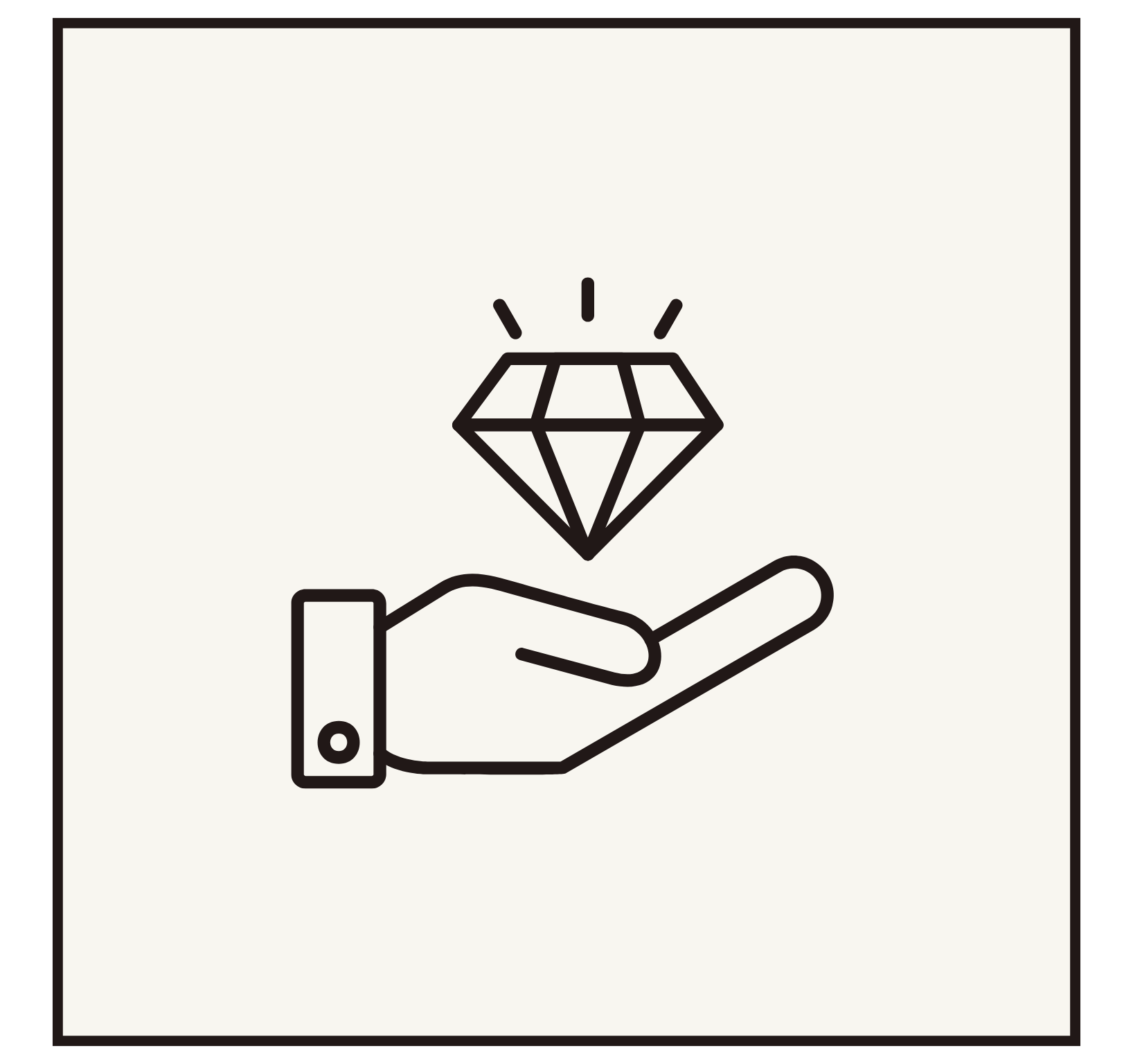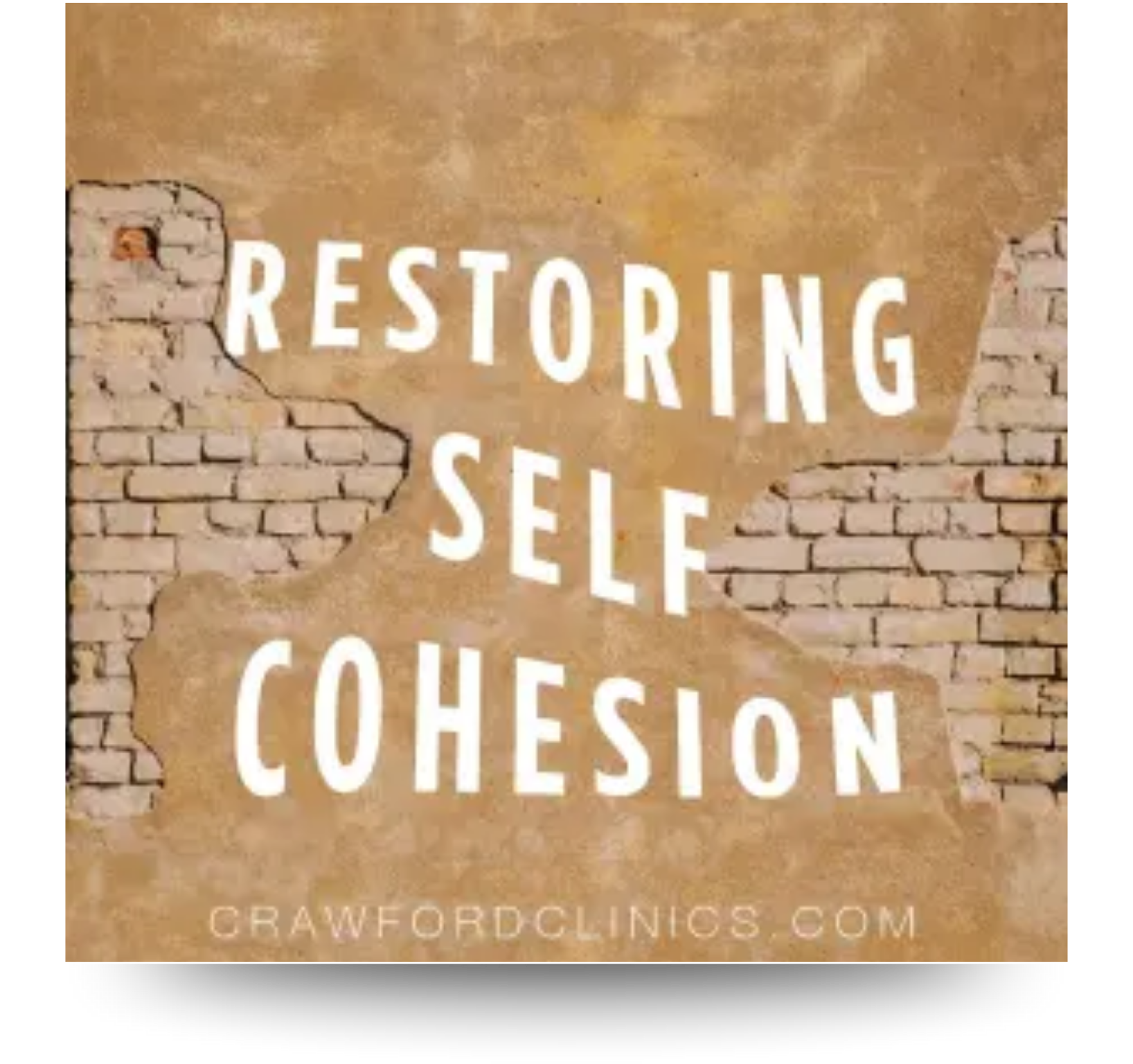Welcome to Crawford Clinics
Your Path to Personal
growth and wellness
Welcome to Crawford Clinics Your Path to Personal
growth and wellness
Understanding Your Pain,
Empowering Your Healing
At Crawford Clinics, we recognize that every individual’s pain is unique and deeply personal. Whether you’re struggling with anxiety, depression, trauma, or any other mental health challenge, our compassionate and experienced therapists are here to support you. We provide a safe, confidential space where your feelings are validated and your experiences are honored. With a focus on Personal Growth and Wellness, our goal is to empower you with the tools and insights needed to navigate your journey towards healing and well-being. Take the first step with us – together, we can transform your pain into a pathway for growth and resilience.

Explore
COUNSELING & THERAPY

Couples Counseling
Couples counseling is a supportive therapeutic process designed to help partners strengthen their relationships.

Anxiety Counseling
Depression is not your fault. Learn how to resolve depression in therapy tailored to your needs.

Depression Counseling
Depression is not your fault. Learn how to resolve depression in therapy tailored to your needs.

Grief Counseling
Grief is the emotional response to any type of loss, whether it’s the death of a loved one, a divorce, or the loss of a job, a pet, financial stability, or safety after trauma.

Counseling for Men
Men often face a unique set of challenges that can impact their emotional, physical, and mental well-being.

Career Counseling
Find clarity and confidence in your career path with our work and career counseling services.

Family Counseling
Family counseling support, or family therapy, can be helpful when problems arise and can help restore and improve communication.

Panic Disorder Therapy
Overcome panic attacks and manage panic disorder with our specialized therapy techniques.

Panic Attack Therapy
Overcome panic attacks and manage panic disorder with our specialized therapy techniques.

Stress Management Therapy
Stress management skills are designed to help a person take control of their lifestyle, thoughts, and emotions and teach them healthy ways to cope with their problems.

Relationship Issues Support
Intimacy issues are common, but if one or more become severe and there is no resolution in sight, it may be time to seek therapy for guidance.
.

Leadership Coaching
In today’s fast-paced and competitive environment, effective leadership requires more than just technical skills.
Explore
COACHING

Parent Coaching
Being a parent carries a lot of responsibility, and the process can be difficult at times. That’s why parent coaching and guidance is essential.

Executive Coaching
As leaders, we spend a significant portion of our lives at work—guiding teams, making decisions, and driving results.

Leardership Coaching
Peak performance coaching is a transformative process designed to help leaders unlock their full potential and achieve exceptional results.

Dating Coach
At Crawford Clinics, we understand that navigating the support for singleness and dating journey can be both exhilarating and challenging.

Premarital Coaching
It’s important to address these problems, and seeking the
help of a therapist and/or parent support group can alleviate the stress.

Family Coaching
Being a parent carries a lot of responsibility, and the process can be difficult at times. That’s why parenting support and guidance is essential.
AT CRAWFORD CLINICS
More Than Talk. A Proven Process for Lasting Change.

At Crawford Clinics, we use our exclusive method — Restoring-Self-Cohesion® (RSC) — to help you move beyond temporary coping skills into deep, enduring transformation.
Traditional therapy often focuses on managing thoughts, feelings, and behaviors in the moment.
RSC goes deeper by resolving the root conflicts that keep you stuck — so you can grow into the whole, resilient, confident person you were designed to be.
With RSC, you’ll gain:
Inner alignment and peace of mind
Strengthened boundaries and self-control
Emotional maturity and resilience under pressure
Healthier relationships at home, work, and beyond
Our Proven Process works for:
Individuals ready to break cycles of anxiety, depression, relationship issues, or self-sabotage
Couples & families seeking stronger connection, lasting healing, and enduring legacy
Leaders & teams pursuing peak performance, gravitas leadership, and building work-life balance that fosters thriving rather than burnout
Crawford Clinics: Where symptoms are resolved, roots are healed, and people flourish
Why Choose
CRAWFORD CLINICS?

Compassionate Care
We understand that every patient is unique, which is why we approach each individual with empathy, respect, and understanding.

Patient-Centered Approach
We listen, understand, and partner with you for optimal health outcomes.

Expertise
Our team consists of highly skilled healthcare professionals who are dedicated to providing personalized care and treatment.

Convenience
We make it easy for you to access quality healthcare when & where you need it most.
Positivity In Your Inbox!
Join our newsletter and receive valuable resources, tools,
and invitations to our upcoming workshops & events.
Become the
Therapist Who Makes
A real difference
As a mental health professional, you know that true healing goes beyond addressing symptoms. With Restoring Self-Cohesion®, I want to share with you the tools and insights that can help you unlock the deeper dynamics of your clients’ experiences. Together, we’ll explore how to facilitate real, lasting change by helping clients reconnect with their core selves.


LISTEN TO THE PODCAST!
Unlock U
with Dr. Shannan Crawford
Recent Blogs
Our latest blogs

Restoring
Self Cohesion

What is Christian Counseling

Visualizing God’s Armorfor Man

Why don’t I feel
like myself?












Crawford Clinics
2419 W. Southlake Blvd Suite 110
Southlake, Texas 76092
